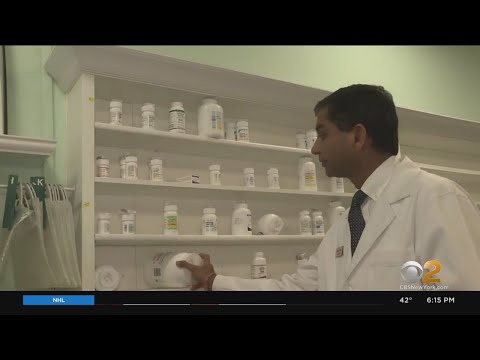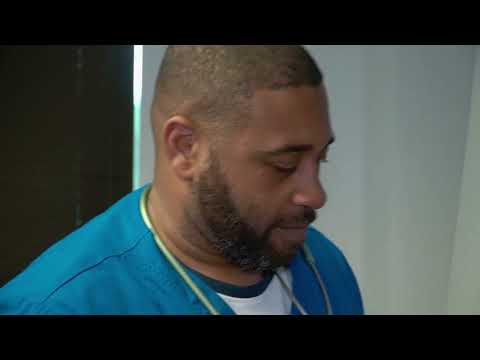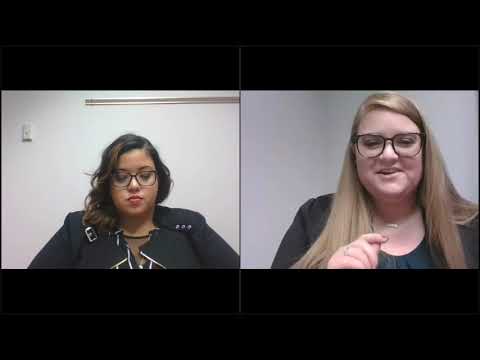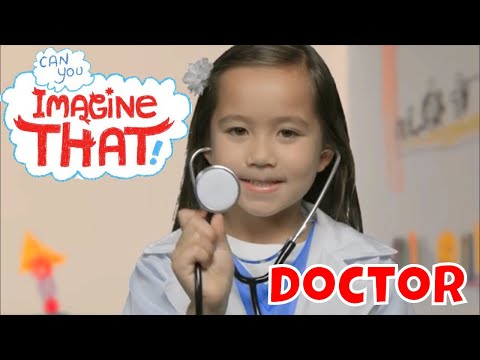New Jersey Offers Medical Assistance to Those in Need
Contents
- New Jersey’s medical assistance program
- Who is eligible for medical assistance in New Jersey?
- What medical assistance is available in New Jersey?
- How to apply for medical assistance in New Jersey
- What are the income requirements for medical assistance in New Jersey?
- What assets are considered when determining eligibility for medical assistance in New Jersey?
- How long does medical assistance last in New Jersey?
- What are the renewal requirements for medical assistance in New Jersey?
- What happens if I move to another state while receiving medical assistance in New Jersey?
- How do I appeal a decision about my medical assistance in New Jersey?
New Jersey is committed to helping those in need, and that includes providing access to quality medical care. The state offers a variety of programs to assist residents with medical costs, and this overview will help you understand what options are available.
Checkout this video:
New Jersey’s medical assistance program
New Jersey offers medical assistance to those in need through a variety of programs. The state’s Medicaid program provides health care coverage for low-income residents, while the Children’s health insurance Program (CHIP) provides coverage for children from low- to moderate-income families.Residents who are 65 or older, blind, or have a disability may be eligible for Medicare.
In addition to these programs, the state also offers a number of other assistance programs for residents who need help paying for medical care. The New Jersey Cancer Treatment and Assistance Program (NJCTAP) provides financial assistance to eligible cancer patients, while the AIDS Drug Distribution Program (ADDP) provides medications to eligible residents with HIV/AIDS.
Who is eligible for medical assistance in New Jersey?
In order to be eligible for medical assistance in New Jersey, you must meet certain financial and non-financial criteria. Financial criteria include things like your income and assets, while non-financial criteria include things like your age, disability status, and family status.
If you meet the financial criteria, you will then need to meet one of the following non-financial criteria:
-You are under the age of 21;
-You are over the age of 65;
-You are blind;
-You are disabled;
-You are pregnant;
-You are a parent or caretaker of a dependent child under the age of 19; or
-You are a caretaker of a disabled family member.
What medical assistance is available in New Jersey?
In New Jersey, there are several programs that can help residents with medical bills The first is the Medicaid program, which is a need-based program that provides health insurance for low-income residents. The second is the Children’s health insurance Program (CHIP), which provides health coverage for children in families who make too much money to qualify for Medicaid but cannot afford private health insurance Finally, the New Jersey FamilyCare program provides health insurance for low- and moderate-income families.
How to apply for medical assistance in New Jersey
In order to apply for medical assistance in the state of New Jersey, you will need to fill out an application and submit it to the state’s Medicaid office. You can find the application online or at your local Medicaid office. Once you have submitted your application, you will be contacted by a representative from the office to set up an appointment for an interview. During the interview, you will be asked questions about your income, assets, and health care needs. Once your application is approved, you will be enrolled in the Medicaid program and will be able to receive coverage for your medical expenses.
What are the income requirements for medical assistance in New Jersey?
In order to quality for medical assistance in New Jersey, you must meet certain income requirements. The income limits are updated each year and are based on the Federal Poverty Level (FPL). For 2021, the income limits for medical assistance are as follows:
-If you are a single person, your annual income must be at or below $16,754.
-If you are part of a family of two, your annual income must be at or below $22,715.
-If you are part of a family of three, your annual income must be at or below $28,676.
-If you are part of a family of four, your annual income must be at or below $34,637.
-If you are part of a family of five, your annual income must be at or below $40,598.
-If you are part of a family of six, your annual income must be at or below $46,559.
-If you are part of a family of seven, your annual income must be at or below $52,520.
-If you are part of a family of eight, your annual income must be at or below 58481.
What assets are considered when determining eligibility for medical assistance in New Jersey?
There are many different programs offered by the state of New Jersey to assist those in need with medical care. These programs have different eligibility requirements, but all take into account a person’s assets when determining if they qualify.
Some of the assets that are considered when determining eligibility for medical assistance programs include:
-Real property, such as a home or land
-Personal property, such as a vehicle
-Bank accounts
-Retirement accounts
-Life insurance policies
In general, a person’s primary residence is not counted as an asset when determining eligibility for medical assistance programs. However, there may be exceptions for cases where the value of the home is above a certain threshold.
How long does medical assistance last in New Jersey?
Anyone who is a New Jersey resident and needs help paying for medical care may qualify for medical assistance. There is no time limit on how long you can receive medical assistance, as long as you remain a New Jersey resident and meet the program’s eligibility criteria.
What are the renewal requirements for medical assistance in New Jersey?
In order to renew your medical assistance, you will need to provide proof of your current income and assets. You will also need to provide proof of your U.S. citizenship or qualified immigration status, if you are not a U.S. citizen. If you are renewing medical assistance for a child, you will need to provide proof of the child’s U.S. citizenship or qualified immigration status, if the child is not a U.S. citizen.
What happens if I move to another state while receiving medical assistance in New Jersey?
If you are receiving medical assistance in New Jersey and move to another state, you may still be eligible to receive medical assistance. You will need to contact the medical assistance office in the state where you now live to find out if you are still eligible and how to apply for medical assistance.
How do I appeal a decision about my medical assistance in New Jersey?
You can ask for a fair hearing if you:
– Disagree with a decision about your medical assistance
– Have been denied medical assistance
– Want to appeal a suspension or termination of your medical assistance
You have the right to a fair hearing. This means you can have someone else speak for you, you can bring witnesses, and you can have an attorney represent you.







